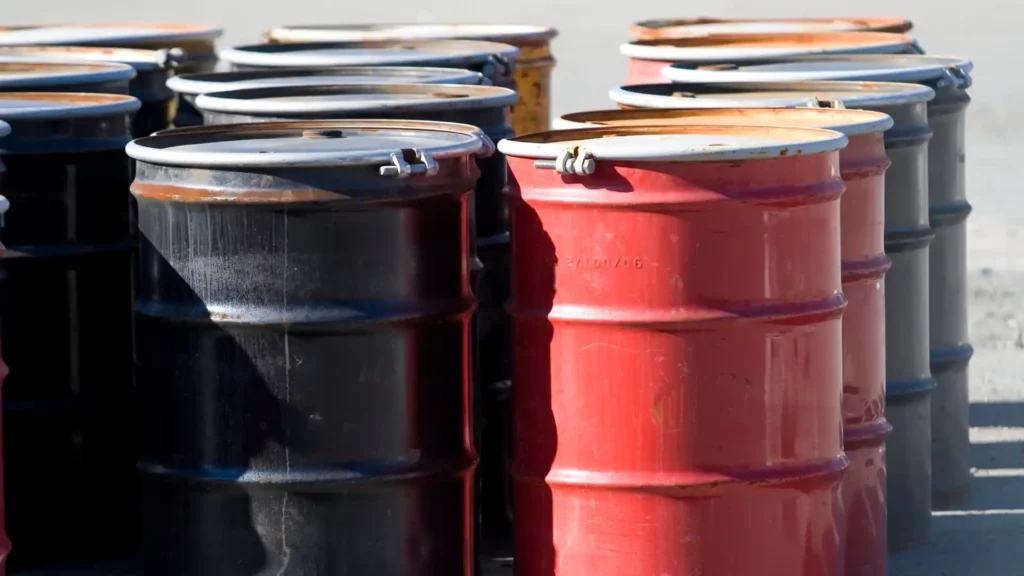Tuesday’s opening hours saw a small decline in oil prices following the previous trading day’s increase.
Oil prices fell early on Tuesday after climbing the previous trading session, owing in part to the potential of increased supply from Russia and slower-than-expected downstream demand in industries such as jet fuel.
As of 0300 GMT, the contract for May delivery of Brent crude oil futures LCOc1 lost 16 cents to $86.73 a barrel, while the contract for US West Texas Intermediate or WTI (a mix of crude oil) fell 13 cents to $82.03. With tomorrow’s expiration, the WTI April contract lost 16 cents, closing at $82.56. Due to decreased oil exports from Saudi Arabia and Iraq and indications of increased demand and economic expansion in China and the United States, both benchmarks hit four-month highs during the previous session.
Vandana Hari, founder of Vanda Insights, a Singapore-based oil market analysis provider, stated that since further attacks are planned for this week’s opening weekend, the $2–$3 per barrel risk premium that the strikes against Russian refineries imposed on oil last week is still in effect.
Russia Juggles Production Cuts With Export Stability
Concerns about supply resulting from higher exports after Ukrainian attacks on Russia’s oil infrastructure kept prices under pressure.
Many analysts from JP Morgan, a New York-based multinational financial institution, stated that with planned maintenance shutdown, attacks are projected to cut Russian crude runs by up to 300 kbd (thousand barrels per day). However, lower primary runs would result in larger crude oil exports, enabling Russia to cut output while maintaining flat export levels simultaneously.
A reliable news source stated that Russia would raise oil exports through its western ports by about 200,000 barrels per day (bpd) in March, compared with a monthly goal of 2.15 million bpd. Additionally, shipments will climb by 10% daily over the initial target for March.
Higher Summer Travel to Boost Jet Fuel Prices
The rise in oil was also restrained by five days of advances in the US dollar, which is currently trading near a two-week high versus major peers. Generally speaking, holders of foreign currencies pay more for oil when the dollar is higher.
Regarding demand, analysts were a little hesitant about the demand rise that the jet fuel industry would bring about in advance of the summer travel season in the third quarter of the year.
Many analysts from BMI Research also commented that the global jet fuel prices are most likely to be higher by 5.4% above our initial estimate of USD 111/bbl as peak summer travel and higher prices are anticipated to replace slack demand. They also mentioned that a global economic slowdown, however, will reduce air travel demand and put pressure on jet fuel prices, restricting price increases.
Gains in oil prices stopped as prospective increases in Russian supplies offset earlier optimism. The pressure was increased by a higher dollar and a slow demand for jet fuel. The impact of the Ukrainian attacks and the viability of Russia’s export plan still need to be determined by the market.
